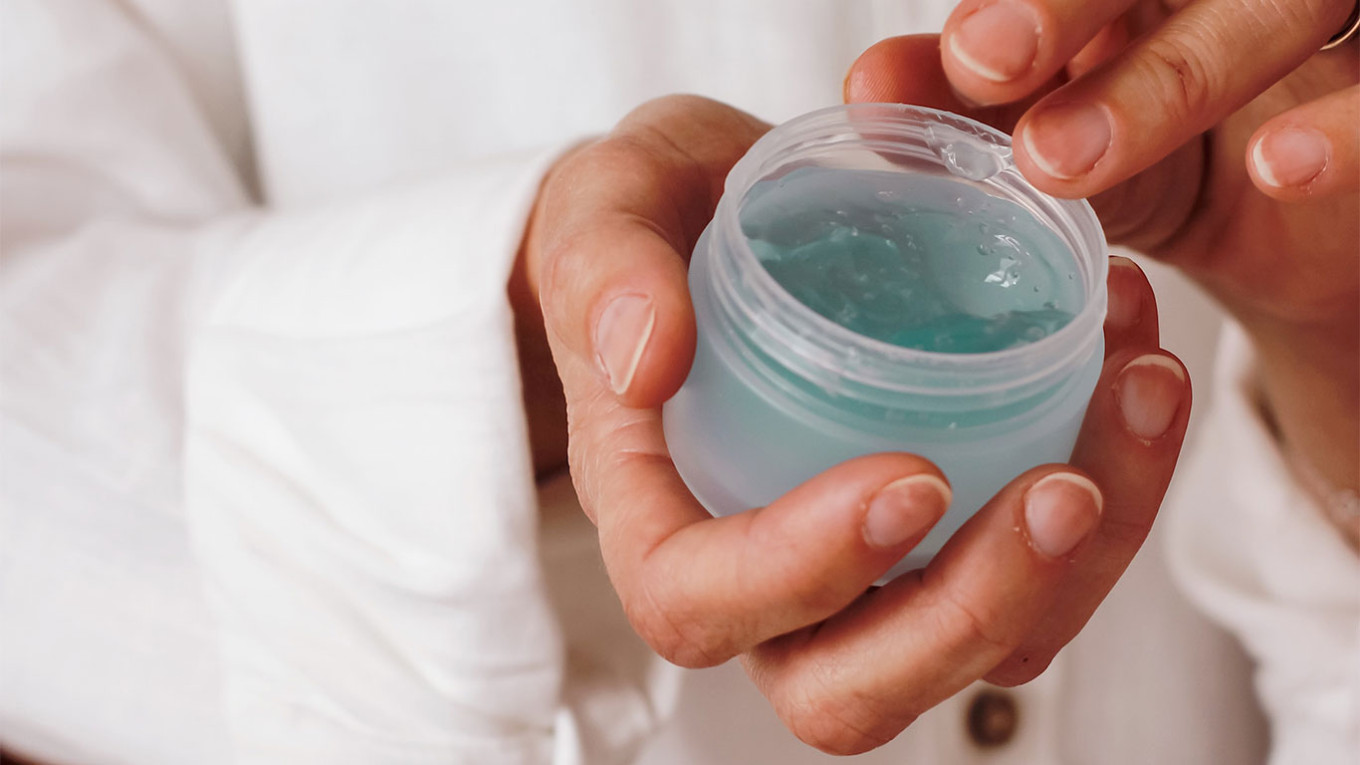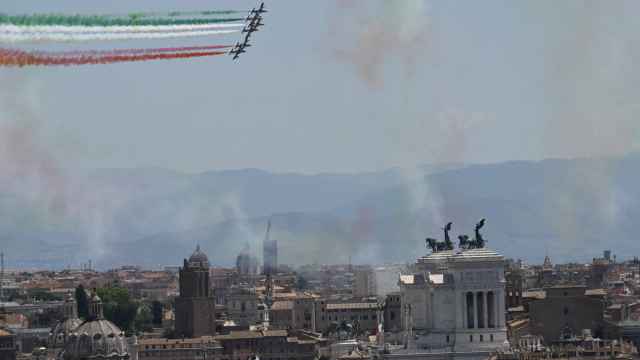The international direct-sales cosmetics brand Avon has suspended plans to sell its business in Russia over the Kremlin’s steep exit tax, the Kommersant daily reported Wednesday, citing two anonymous industry sources.
The U.S.-based Avon, owned since 2020 by Brazilian multinational Natura & Co., announced in March 2022 that it had halted investments in Russia and exports from its Russian plant to other markets after Moscow invaded neighboring Ukraine.
In April 2023, Kommersant reported that the Avon Beauty Products Company had started preparations to sell its only plant outside Moscow and the brand name written in Cyrillic letters.
But in November, Natura & Co told its potential buyers that it had decided against signing their binding offers to buy the company, the newspaper said.
Avon’s reversal is linked to the Russian foreign investment commission’s requirement for exiting foreign companies to sell their assets at discounts of up to 50%, according to one of Kommersant’s sources.
The New York Times reported this month that the Kremlin is scrutinizing and micromanaging practically every exit of foreign businesses since the invasion of Ukraine triggered a Western corporate exodus.
“Those who are leaving are losing their position,” Kremlin spokesman Dmitry Peskov told The New York Times. “And of course, their property is being bought at a serious discount and taken over by our companies, which are doing it with pleasure.”
Avon’s potential Russian buyers, Natura Siberica and Arnest Group, declined Kommersant’s requests for comment. Avon did not respond to the publication’s queries.
According to financial data, Avon is Russia’s second-largest beauty products company with sales revenue totaling 13.89 billion rubles ($151.5 million) in 2022.
A Message from The Moscow Times:
Dear readers,
We are facing unprecedented challenges. Russia's Prosecutor General's Office has designated The Moscow Times as an "undesirable" organization, criminalizing our work and putting our staff at risk of prosecution. This follows our earlier unjust labeling as a "foreign agent."
These actions are direct attempts to silence independent journalism in Russia. The authorities claim our work "discredits the decisions of the Russian leadership." We see things differently: we strive to provide accurate, unbiased reporting on Russia.
We, the journalists of The Moscow Times, refuse to be silenced. But to continue our work, we need your help.
Your support, no matter how small, makes a world of difference. If you can, please support us monthly starting from just $2. It's quick to set up, and every contribution makes a significant impact.
By supporting The Moscow Times, you're defending open, independent journalism in the face of repression. Thank you for standing with us.
Remind me later.






